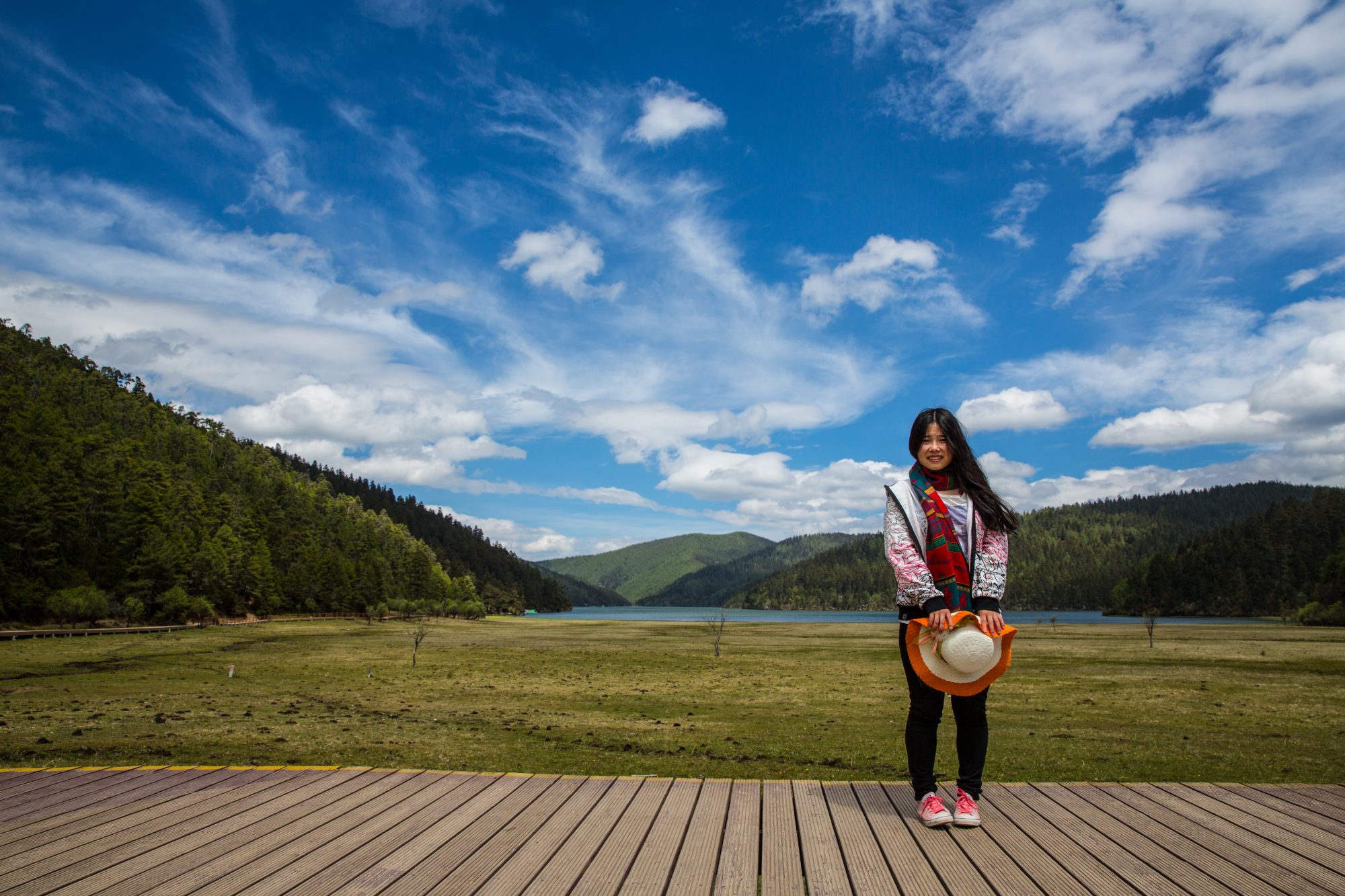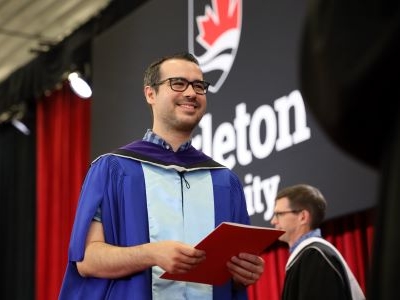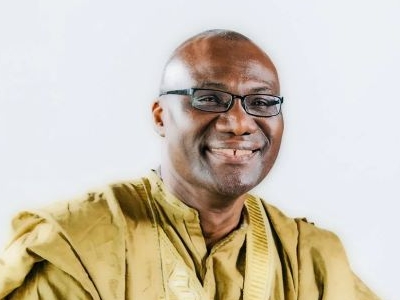 While growing up in China, Yili Zhou became enthralled with heavy metal music. When she came to Canada and Carleton to pursue her PhD in Political Science, she noticed that people here are also intrigued by the presence of heavy metal music and culture in China. But for a different reason.
While growing up in China, Yili Zhou became enthralled with heavy metal music. When she came to Canada and Carleton to pursue her PhD in Political Science, she noticed that people here are also intrigued by the presence of heavy metal music and culture in China. But for a different reason.
“Heavy metal music in China not only manifests globalization in an unconventional way, but challenges the popular perception of heavy metal music as a controversial and provocative subculture that is by no means associated with the authoritarian regime of China,” says Zhou.
When her thesis advisor and renowned China expert, Prof. Jeremy Paltiel, suggested that she use the research topic of heavy metal music in China to bring together research questions about critical International Relations theory and politics in China, Zhou immediately jumped at the opportunity.
“I expected it to be a fun research project since I could combine my personal hobby with my academic engagement.”
To conduct her research, she plans on analyzing the themes, lyrics and musical composition, as well as performance styles of both Chinese and non-Chinese metal bands that have had a prominent influence among the metal culture and community in China and will then situate their influence vis-à-vis political and cultural debates.
Adds Zhou: “The bulk of my research is actually not focusing on the music per se, but rather on the processes, agents, channels and spaces, etc., that propel the growth of heavy metal music in China.”

She hopes her research will illuminate another side of the China story often left untold – that the state-society relations in China are much more complex and dynamic than what is expressed and implied in the word “authoritarianism”. “In particular, my research highlights the role of globalization that plays into the redefinition of state-society relations in China, manifested in changing perceptions, attitudes and behaviour of both the state and individuals towards each other and the outside world.”
Zhou says she enjoys the academic freedom and diversity in Carleton’s Department of Political Science. “The faculty members in our department are extremely encouraging and supportive of the students….In particular, most professors and students that I have worked with are inquisitive, helpful and appreciative of my educational background in China prior to my study at Carleton, which helped me turn an initial disadvantage of unfamiliarity with the academy to a unique and invaluable asset of maintaining a complex, integrated, and nuanced scholarship in political studies.”
In particular, she notes that her supervisor, Prof. Paliel “has helped me in every possible way he can when it comes to my degree. For one, I would not be studying at Carleton without his encouragement in the first place. Along the years, he has provided with me great academic advice and guidance whenever in need. Although we do not always agree with each other, the discussion and debates themselves are fruitful and important to my scholarly improvement.”
Zhou attained her master’s degree in International Relations from Central China Normal University. For two consecutive years, she has received an Ontario Graduate Scholarship.
The Faculty of Graduate and Postdoctoral Affairs is funding Zhou and six other graduate students to attend the Lake Shift writing bootcamp at Queen’s University this summer. This is an opportunity for grad students to work on their theses in a structured environment.
For more information about a PhD degree in Political Science, click here.

Monday, July 9, 2018 in Grad Student Research, News
Share: Twitter, Facebook





